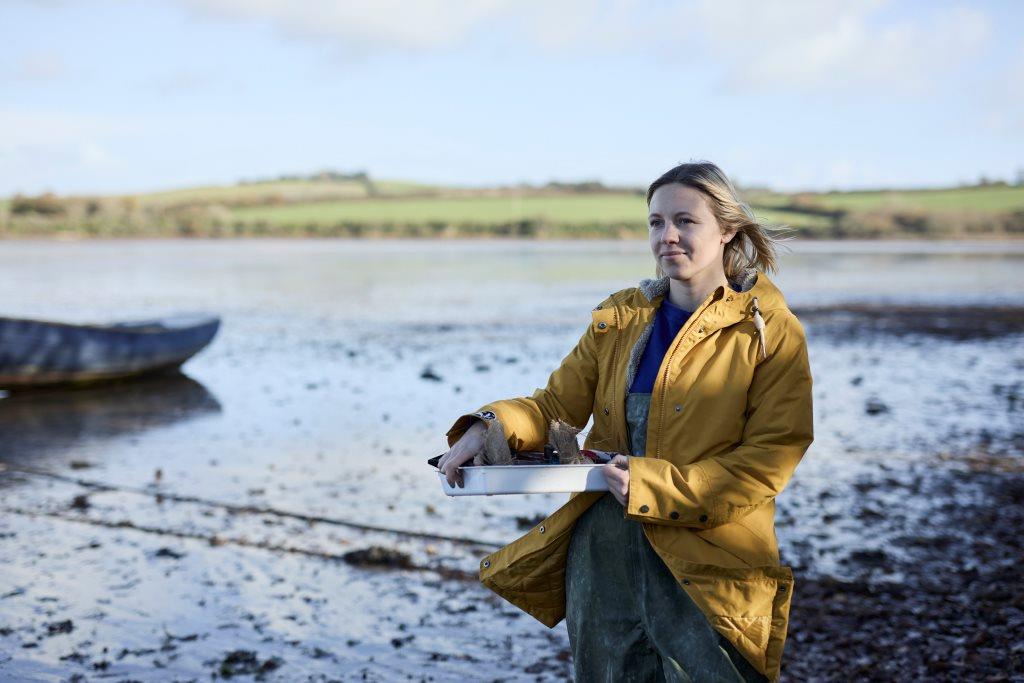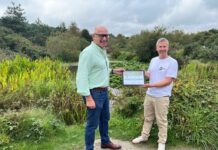A pioneering project attempting to restore climate change-fighting marine plants in Cornwall has got underway.
Cornwall Wildlife Trust has completed its first round of seagrass planting trials in the River Fal, thanks to funding from clothing brand Seasalt Cornwall.
The ‘Seeding Change Together’ project is using technology never previously trialled in Cornwall to study – and hopefully expand – the seagrass bed found at the Trust’s Fal-Ruan nature reserve.
Around 4,000 seeds were collected from stable and healthy meadows in the Fal Estuary at the end of last summer. Yet researchers were surprised that the seed pods collected yielded only a quarter of the seeds expected. Marine experts from the local nature charity are concerned that the summer’s prolonged periods of high temperatures may have affected the seeds’ development.
Sophie Pipe, seagrass project officer at Cornwall Wildlife Trust, said: “We experienced record-breaking heatwaves and droughts last summer, in addition to an incredibly mild start to autumn and sudden cold snaps this winter. These extreme conditions may have affected the seagrass meadows on site, but it’s an unknown as to what those short-term and long-term impacts will be. That’s why our research is so important.”
The process of restoring the seagrass bed started last summer. Baseline surveys were carried out last July, prior to any activity taking place, to assess the size and health of the seagrass meadows.
A small group of volunteers have contributed over 120 hours to the project by collecting and planting seeds. The team used bodyboards on the mud to hold their weight when moving around the site, helping to minimise disturbance to these delicate plants.
Newly-purchased testing equipment, funded by Seasalt Cornwall, is now helping scientists to understand how water quality is affecting the seagrass populations on-site. It is believed to be the first time these tests have been carried out at this location.
Seagrass is a flowering marine plant that captures carbon from the environment up to 35 times faster than tropical rainforests, making it an important resource in the fight against climate change. It also provides a habitat for marine life such as juvenile fish and seahorses, cleans surrounding seawater and helps to stabilise the seabed to protect the coast from erosion.









